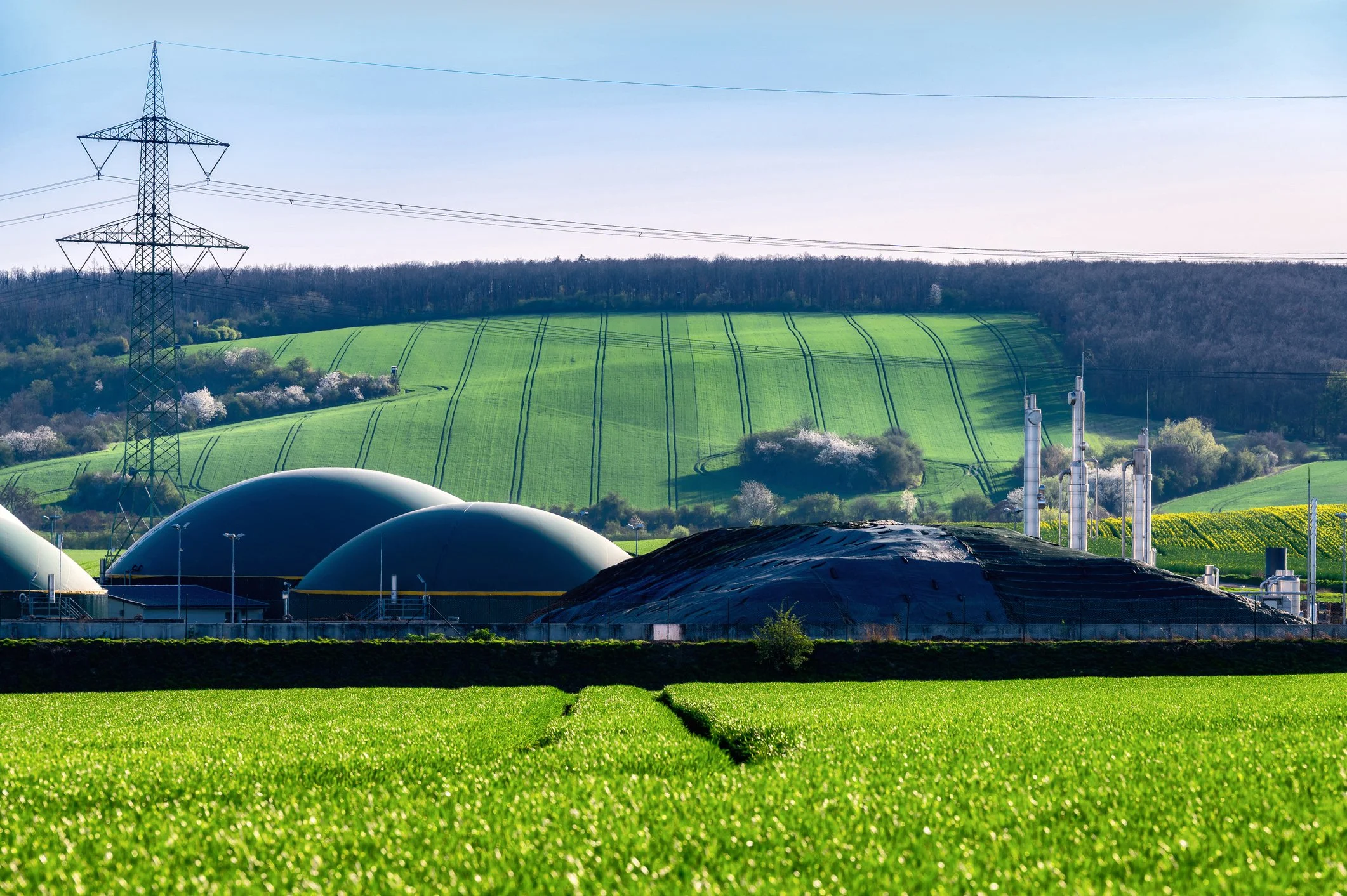
How we make a difference.
Anaerobic Digestion Projects
-

Poultry Waste
The poultry industry is one of the largest untapped sources of high energy biomass in the United States. JES is working to utilize this high energy biomass to create renewable natural gas (RNG) through anaerobic digestion. RNG is one of the most useful renewable energies available.
-

Distillery Waste
Distilleries across the United States produce large amounts of waste product that is not only high energy but often currently underutilized. This waste is like rocket fuel in an anaerobic digester and has some of the highest production of RNG of any feedstock.
-

Food Waste
The EPA estimates that in 2019 66 million tons of post consumer food waste was produced in just the food retail, food service, and residential food waste sectors. That is 66 million tons of potential anaerobic digester feedstock that is otherwise going to land fills.
